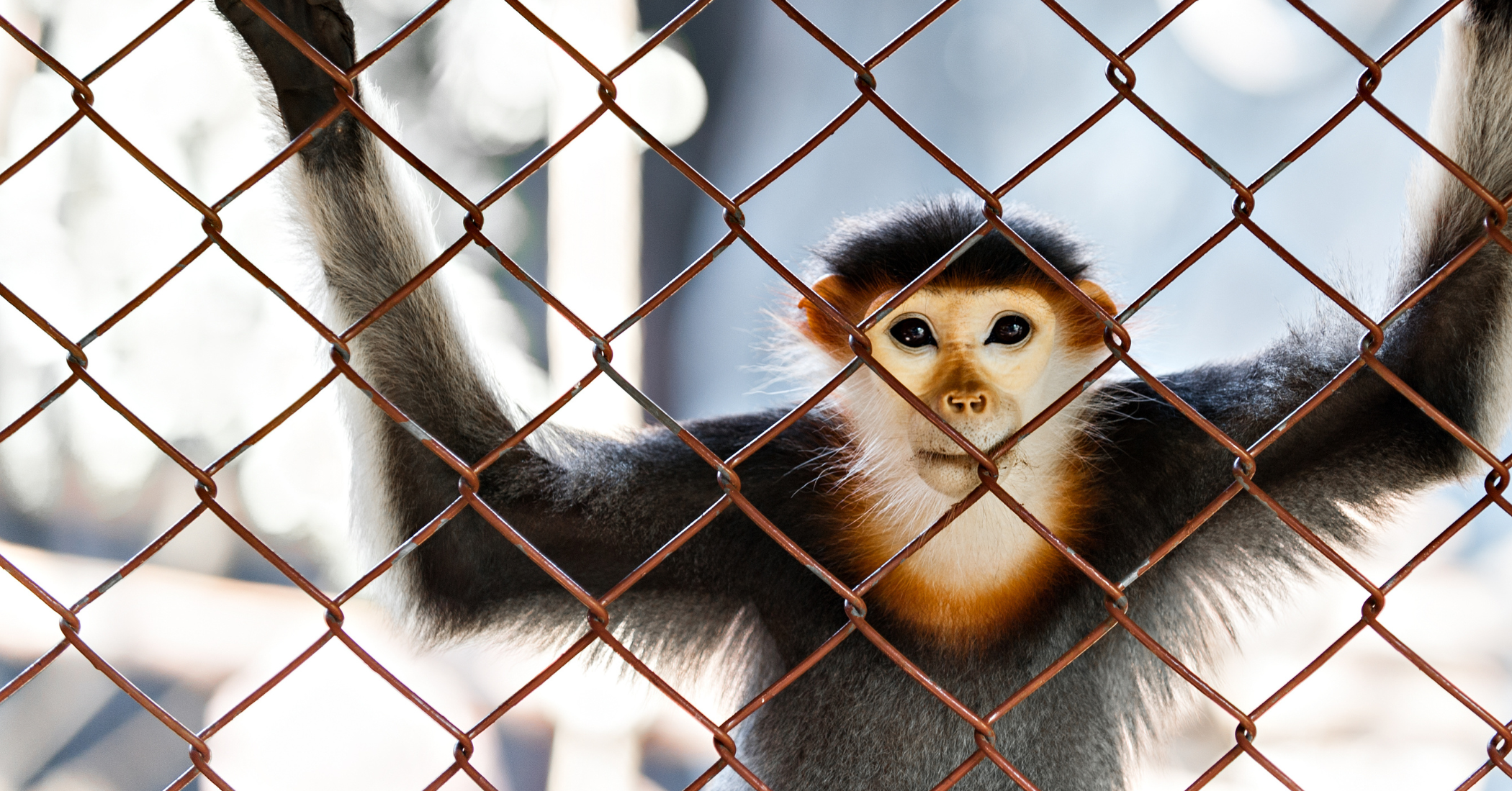
March 1st is Zero Discrimination Day, an annual celebration organized by the United Nations and promoted heavily by UNAIDS that seeks to “create a global movement of solidarity to end all forms of discrimination” and encourages the promotion of “inclusion, compassion, peace, and change for the betterment of everyone”.
We join in the celebration of Zero Discrimination Day with one critical, fundamental revision: “everyone” must include all someones.
As currently conceived, Zero Discrimination Day concerns itself only with human victims of discrimination and, thereby, renders its goal of “end[ing] all forms of discrimination” uneducated, at best . . . because, by enveloping only humans, its goal of ending discrimination becomes discriminatory in itself.
Far from some “newer” or less fundamental form of prejudice, discrimination against other-than-human animals on the basis of species (or “speciesism”) actually predated and gave rise to all forms of human-to-human discrimination.
Moreover, as is true for the forms of (human) discrimination listed by Zero Discrimination Day (e.g., age, race, religion), speciesism:
- Constructs an (artificial) “‘us and them’” dichotomy;
- Relies on “in-group preference” (with humans viewed as the “in-group” and other-than-human animals viewed as the “out-group”);
- Cannot be justified (because it contemplates “the disadvantageous consideration or treatment of an individual’s interests, relative to the interests of another individual, based on the belief that the former does not belong to a certain group to which the latter presumably belongs”, and “membership in the group” is not “a morally relevant attribute”); and
- Must be eradicated if we are to achieve an inclusive, peaceful, and just society.
We agree that all someones should have their rights and health protected.
With our revised and inclusive scope, this year’s Zero Discrimination Day theme seems to speak directly to all of us anti-vivisectionists: “[t]o protect everyone’s health, protect everyone’s rights”. This is, afterall, what we are working to do every day, as we seek the liberation of other-than-human animals from human laboratories.
Indeed, ceasing animal experimentation would serve to “protect everyone’s health”, including those with whom UNAIDS claims to be most concerned: those affected by AIDS.
AIDS is a “human disease”, one to which “[o]nly humans are susceptible”. It should come as even less of a surprise (than for diseases experienced by multiple species), then, that the exploitation of other-than-humans for AIDS research has failed to help humans* and represents “one of the most notable failures in animal experimentation translation”. [*In fact, by squandering billions of dollars, wasting innumerable hours of labor, and exploiting, torturing, and killing sentient beings, this research has actually and egregiously harmed humans.]
Furthermore, everything we know about AIDS has been learned from human-relevant, non-animal methodologies. It follows naturally that, as experts counsel: “for advances against AIDS that are accurate and safe, we must rely on the same methodologies that have worked in the past: in vitro, clinical research and epidemiology.” In other words, we must empty the lab cages for the good of everyone.
UNAIDS may be ignorant to social justice theory and on the wrong side of animal research history, but it is right that changing the world – i.e., protecting everyone’s rights and health – depends on us.
We agree with the primary sponsor of Zero Discrimination Day that “[u]pholding everyone’s rights is the responsibility of us all”.
We also agree that “[e]veryone can play a part in ending discrimination.”